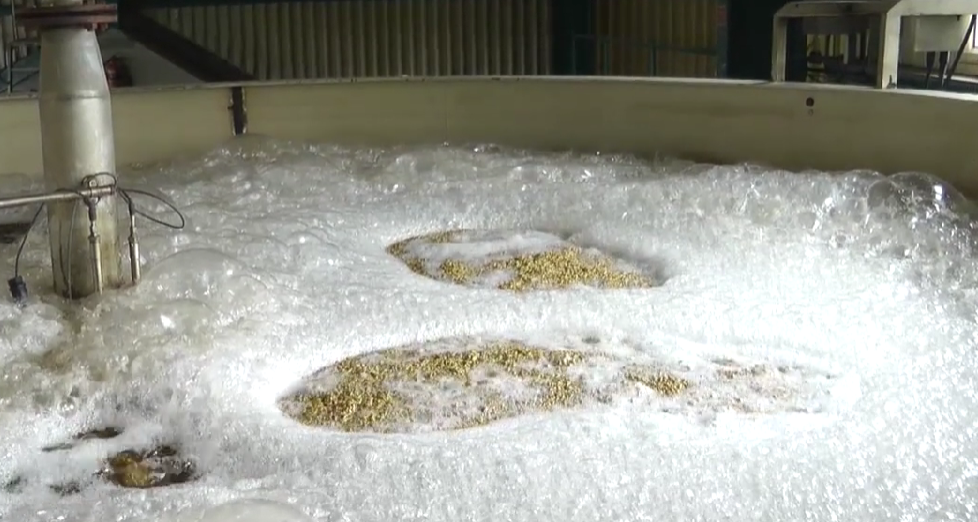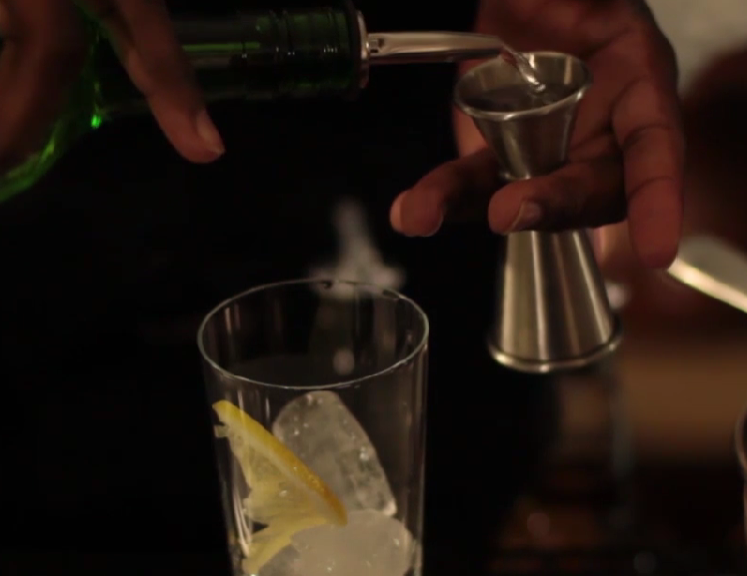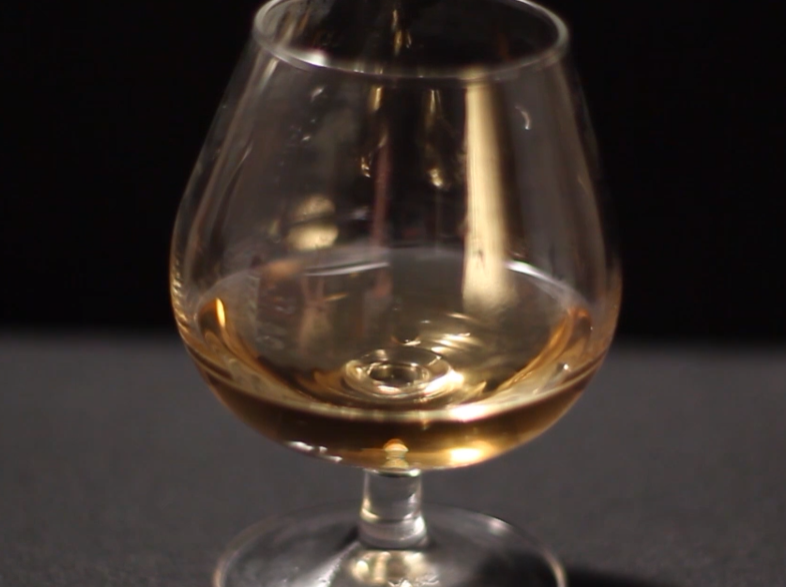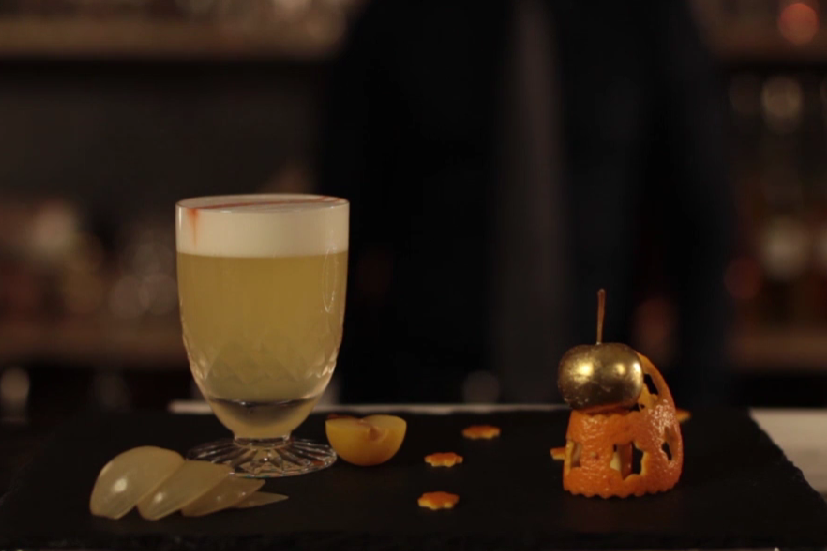Beverages Product Knowledge
One of the challenges in becoming an excellent bartender is learning about all the different products you have to work with every day. It’s not that hard, in fact is interesting once u understand the basics of beverage product knowledge. Just as a chef needs to understand their ingredients, so a bartender needs to understand all the products behind the bar. In this post, we will talk and explain the basics of bartender knowledge and some basic beverages product knowledge. To make it easier, we are going to break up the alcoholic items into fermented and distilled drinks. and then finish off by looking at Cocktails and soft drinks.
Fermentation And Distillation

What do most beverages in a bar have in common? Yeah… They contain alcohol. All the alcohol in the bar or anywhere else in the world, comes from the process of fermentation. Alcoholic fermentation consists of the chemical breakdown by yeasts of sugars into alcohol and carbon dioxide. Putting it briefly, all you need to produce alcohol is a sugary liquid, yeast, and a little heat. Yeast is the same thing that makes bread rise. People make alcoholic drinks by fermenting all sorts of products that have sugars in them. Fruits, grains, or anything that has sugar that the yeasts can consume.
Hundreds of years ago people discovered that if you heated an alcoholic beverage, the water would boil off before the alcohol, leaving you with a drink that has a higher concentration of alcohol – This is distillation. So if you want a drink with a higher concentration of alcohol you need to distill it. Working in a bar you should have some good beverage product knowledge and you must know that now u can break up the drinks into the ones that have only been fermented, and those that have been distilled as well. Let’s start talking about those beverages that have been only fermented, such as Wine.
Wine
Wine is basically a fermented grape juice. Grapes are grown on vines, picked, squashed and this juice is then fermented by adding yeast and heating it up. After this, the juice is filtered to make sure that there aren’t any pieces of grape left, and the final result is wine. White wines are made from white grapes, and red wines from red grapes. White wines are served chilled, red wines are served aa bit warmer, at around 20 degree Celsius. The exciting part about wine is there are thousands of different grapes to be used, allowing for many varying styles with a large range of flavors.
Beer
Having a good bartender product knowledge means that you should know that beer is also another fermented beverage. Beer is made by using the sugars from grains such as barley, wheat, or maize. To make beer, the sugars are taken from the grain and mixed up with water to form a sugary liquid. This liquid called “wort” is fermented to make beer. Another ingredient that is often added before the fermentation process is hops. Hops are flowers from the hop plant that add bitterness and flavor to beer. There are a wide range of beer styles. from thick dark and creamy to light and fresh.
White Spirits

White spirits are drinks with a high alcohol concentration from being not only fermented, but also distilled. Keep in mind that white spirits haven’t been aged in oak barrels. White spirits are easy to spot in any bar as they are clear strong spirits such as gin and vodka. All of these spirits, need a sugary liquid to ferment and then distill. As the main base for example, gin uses grains, white rum uses sugar cane, and vodka can use potatoes. The flavors a white spirit has will depend on what the original sugary liquid is made of, and if flavorings are added. For example, gin is made using grains, but juniper berries and other herbs are added to give it its characteristic aroma. The major characteristic of all spirits is their high concentration of alcohol, which means they are great for mixing with soft-drinks ore using in cocktails.
Aged Spirits

Now that you have more beverage product knowledge than at the beginning of this post, you should understand that aged spirits are made in the same way as white spirits but are then aged in wooden barrels. That’s why they aren’t clear and white like white spirits, because during the aging process, or called differently, during maturation, they get a golden color, and flavors of spice and vanilla are added. Some spirits like rum and tequila can either be aged or un-aged spirits. Other spirits such as Brandy, made from distilled wine, or Whiskey always spend time on wooden barrels. Normally, oak barrels are used. The longer a spirit spends in the barrel the more flavor will take on, and the deeper its color will become. Aged spirits are generally rounder and richer than white spirits and they are more likely to be drunk neat or over the ice with a drop of water.
Cocktails

Having a good beverages product knowledge means you must have a good cocktails knowledge as well. Understand their main spirit base and their full recipes. Cocktails are a combination of different types of drinks that you will find behind a bar in a single drink. They can be as simple as Cuba Libre, which is as simple as white rum with cola, and a slice of lime. Or very complicated with many techniques and ingredients you will need to master before you can make it. Cocktails also make use of all the non-alcoholic items such as sodas, fruit juices, and cordials. To be able to make great cocktails you need to master your ingredients which means learning a lot more related to beverages and product knowledge.
Beverages Product Knowledge Is Important To Have Because:
Bartenders have many benefits from good beverage product knowledge in many ways. Firstly, it helps them to create personalized drink recommendations adjusted to customers’ preferences. This enhances customer satisfaction and encourages repeat business. Secondly, understanding different beverages allows bartenders to create unique cocktails and adapt to changing trends, keeping their offerings fresh and exciting. Having some good beverage product knowledge encourages a deeper appreciation and passion for mixology, driving continuous learning and improvement in mixology. Overall, beverage product knowledge is very important for bartenders to excel in their role, providing exceptional service and creating memorable experiences for guests.
Frequently Asked Questions:
Alcoholic fermentation consists of the chemical breakdown by yeasts of sugars into alcohol and carbon dioxide. Putting it briefly, all you need to produce alcohol is a sugary liquid, yeast, and a little heat.
When you heat an alcoholic beverage, the water would boil off before the alcohol, leaving you with a drink that has a higher concentration of alcohol. This is the process of distillation
Cocktails are a combination of different types of drinks that you will find behind a bar in a single drink.
Having some good beverage product knowledge encourages a deeper appreciation and passion for mixology, driving continuous learning and improvement in mixology.
All the images in this post are not copyrighted and have been taken by the author of this post. The featured image it’s from Pixabay (Not copyrighted and commercial use rights)
Share this content:
